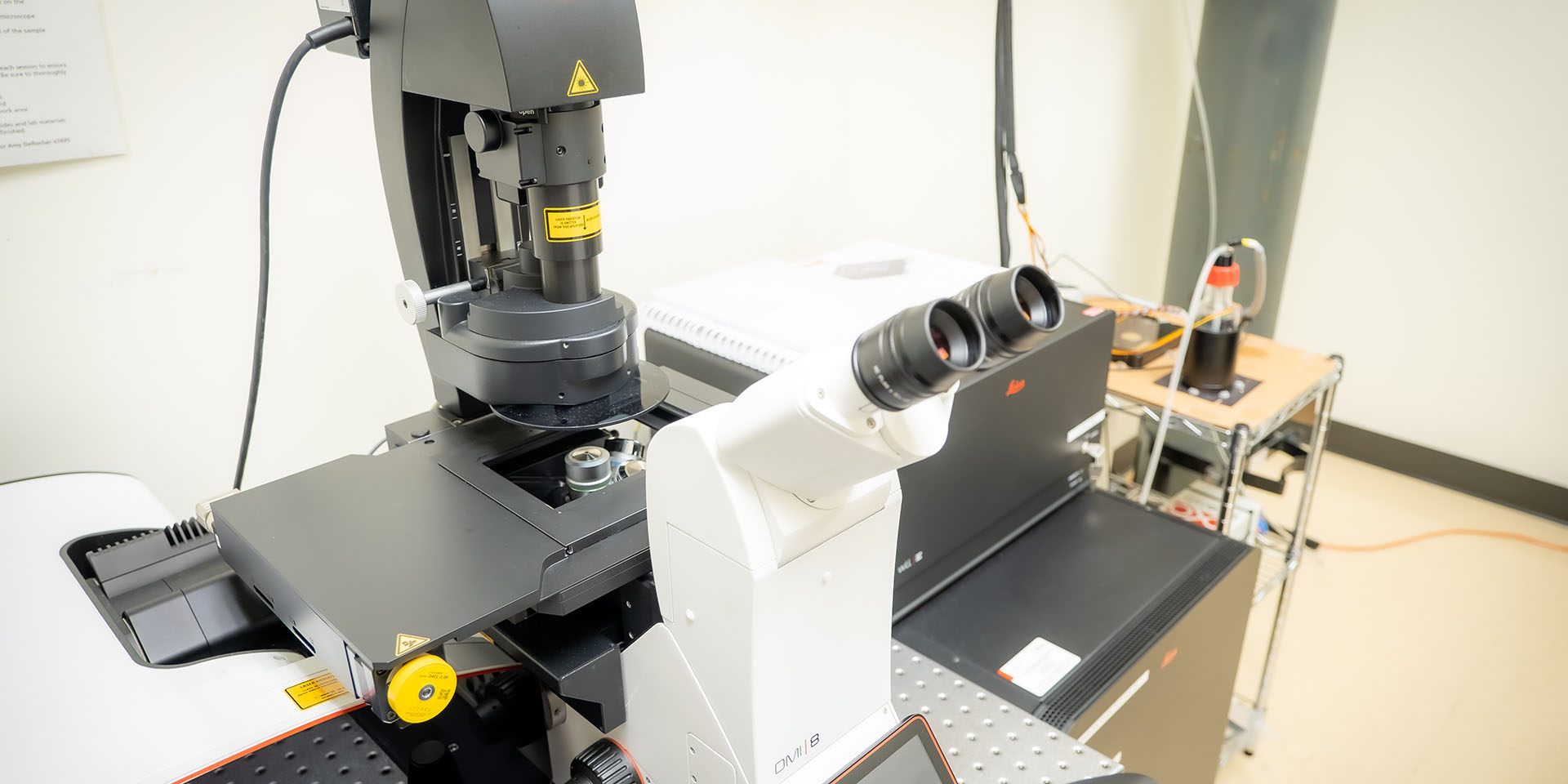
Kalume Lab
Pursuing New Treatments for Epilepsy
The Kalume Laboratory investigates the mechanisms that drive epilepsy and related conditions, with the goal of making discoveries that lead to improved treatments for affected children and adults.
Much of the laboratory's current research focuses on Dravet syndrome, a severe, life-threatening form of epilepsy that starts in infancy. Dravet syndrome is caused by mutations in SCN1A, a gene that produces the sodium channel NaV 1.1. The laboratory has made important progress toward understanding how mutations in this gene cause Dravet syndrome, which in turn can lead to sudden unexpected death.
Dr. Kalume has been researching Dravet syndrome for more than two decades and generated the first preclinical model of the disease. He is considered one of the world’s leading experts in Dravet syndrome research.
Dr. Kalume and his team are also studying why epilepsy leads to sleep disorders, and investigating the mechanisms that allow the ketogenic diet – a high-fat dietary regimen – to suppress seizures.
Investigating How Epilepsy Leads to Sudden Unexpected Death
A small portion of people with epilepsy (especially those with severe and treatment-resistant epilepsy) can die abruptly, without warning or clear medical cause. The Kalume Laboratory is unraveling what causes this phenomenon, known as sudden unexpected death in epilepsy (SUDEP), and paving the way toward new therapies to prevent these deaths.
We recently found that, in preclinical models of Dravet syndrome, a severe type of seizure – called a generalized tonic-clonic seizure – can cause sudden death by triggering excessive activity in the vagus nerve. This, in turn, causes a dramatic slowing of the heart. Now we are investigating new treatments that could prevent this fatal cascade of events, such as pacemakers that prevent the heart from slowing during seizure and therapies that stop the vagus nerve from becoming overactive.
Making Genetic Breakthroughs in Dravet Syndrome
In breakthrough neuroscience gene therapy research, Dr. Kalume and colleagues found a novel genetic approach cured Dravet syndrome in a preclinical model. This proof-of-concept study of precision gene therapy targeting GABAergic neurons in the SCN1A gene showed remarkable protection against key symptoms of Dravet syndrome without toxicity or side effects. Our work underscores the critical role of precision medicine, as the therapeutic effect relied on selectively targeting a single population of interneurons.
Dr. Kalume hopes to advance the gene therapy from proof-of-concept to a clinical product. He seeks industry partners and funding to support IND-enabling studies to move the work toward clinical trials.
Studying How the Ketogenic Diet Reduces Seizures
Despite the emergence of several new antiepileptic drugs in recent decades, seizures remain mostly unmanageable in Dravet syndrome and many other types of epilepsies. But a dietary regimen called the ketogenic diet can help control seizures in some patients with these epilepsies. The ketogenic diet is a low-calorie, high-fat diet that provides at least a 4:1 ratio of fat to carbohydrate or protein. However, it is not completely understood how or why this diet suppresses seizure activity.
Our lab is using a preclinical model of Dravet syndrome to study the cellular and molecular mechanisms underlying the diet's therapeutic effects. Our previous results show that heterozygous deletion of NaV 1.1 channels causes a selective loss of sodium current and excitability in hippocampal GABAergic inhibitory neurons of Dravet syndrome mice, which may subsequently cause or exacerbate their seizure phenotype. We hypothesized that the therapeutic effects of ketogenic diet may be due to the diet ability to reduce or reverse the impacts of the NaV 1.1 channel deletion in our preclinical model of Dravet syndrome.
Gaining Insights into Pediatric Migraine Through Translational Science
Working with Children’s neurologist Jessica Hauser Chatterjee, MD, PhD, Dr. Kalume is investigating a novel SCN1A variant linked to both epilepsy and familial hemiplegic migraine, a severe pediatric migraine disorder. They are building a preclinical model to explore these mechanisms and advance targeted treatment strategies.
Unraveling Why Epilepsy Triggers Sleep Disturbances
We are working to understand the mechanisms that cause sleep disturbances in patients with Dravet syndrome and other epilepsies. Sleep disturbances are common in people with epilepsy and are associated with poor seizure control and poor quality of life. NaV 1.1 channels are expressed neurons of ventrobasal (VB) nucleus of the thalamus and the reticular nucleus of the thalamus (RNT). These two nuclei play an important role in generating the rhythmic electrical brain waves that characterize sleep. We are investigating whether gene mutations that cause epilepsy may concurrently impair sleep quality in a preclinical model of Dravet syndrome.
Featured Research
Partnership Opportunities

Franck Kalume, PhD
Franck Kalume, PhD, is a principal investigator in the Norcliffe Foundation Center for Integrative Brain Research at Seattle Children's Research Institute, and an associate professor in the department of Neurological Surgery and adjunct associate professor in the departments of global health and pharmacology at the University of Washington.
